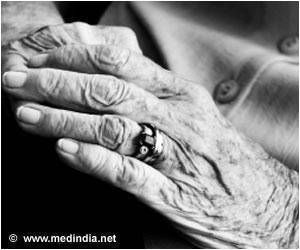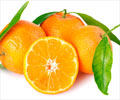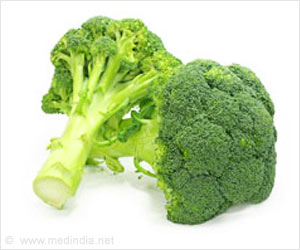Men who eat green leafy vegetables, dark orange and red vegetables and berry fruits are at a lower risk of developing memory loss in older age.

‘Men who ate larger amounts of fruits and vegetables 20 years earlier were less likely to develop thinking and memory problems.’
Read More..




The study looked at 27,842 men with an average age of 51 who were all health professionals. Participants filled out questionnaires about how many servings of fruits, vegetables and other foods they had each day at the beginning of the study and then every four years for 20 years. A serving of fruit is considered one cup of fruit or ½ cup of fruit juice. A serving of vegetables is considered one cup of raw vegetables or two cups of leafy greens.Read More..
Participants also took subjective tests of their thinking and memory skills at least four years before the end of the study, when they were an average age of 73. The test is designed to detect changes that people can notice in how well they are remembering things before those changes would be detected by objective cognitive tests. Changes in memory reported by the participants would be considered precursors to mild cognitive impairment.
The six questions include "Do you have more trouble than usual remembering a short list of items, such as a shopping list?" and "Do you have more trouble than usual following a group conversation or a plot in a TV program due to your memory?"
A total of 55 percent of the participants had good thinking and memory skills, 38 percent had moderate skills, and 7 percent had poor thinking and memory skills.
The participants were divided into five groups based on their fruit and vegetable consumption. For vegetables, the highest group ate about six servings per day, compared to about two servings for the lowest group. For fruits, the top group ate about three servings per day, compared to half a serving for the bottom group.
Advertisement
The men who drank orange juice every day were 47 percent less likely to develop poor thinking skills than the men who drank less than one serving per month. This association was mainly observed for regular consumption of orange juice among the oldest men.
Advertisement
The men who ate the most fruit each day were less likely to develop poor thinking skills, but that association was weakened after researchers adjusted for other dietary factors that could affect the results, such as consumption of vegetables, fruit juice, refined grains, legumes and dairy products.
The researchers also found that people who ate larger amounts of fruits and vegetables 20 years earlier were less likely to develop thinking and memory problems, whether or not they kept eating larger amounts of fruits and vegetables about six years before the memory test.
The study does not show that eating fruits and vegetables and drinking orange juice reduces memory loss; it only shows a relationship between them.
A limitation of the study was that participants' memory and thinking skills were not tested at the beginning of the study to see how they changed over the course of the study. However, because all participants completed professional training, they can be assumed to have started with relatively high cognitive function in early adult life.
In addition, the study participants were all male health professionals such as dentists, optometrists, and veterinarians. Thus, the results may not apply to women and other groups of men.
Source-Eurekalert














